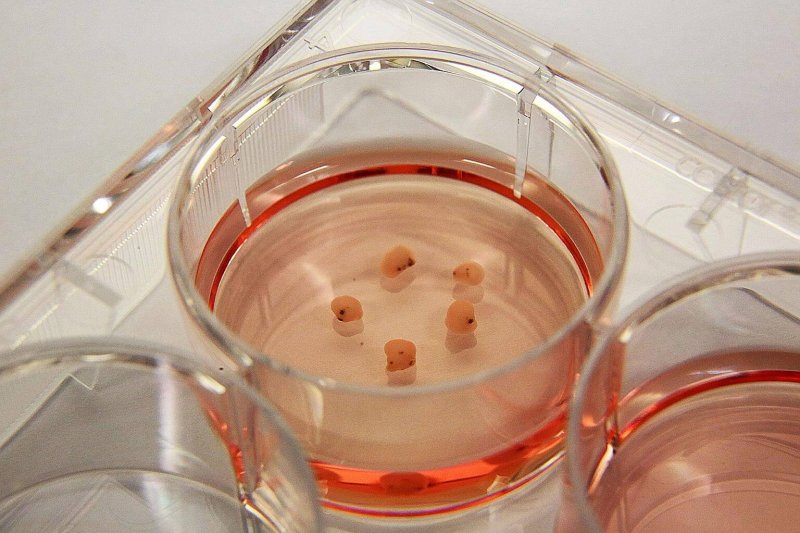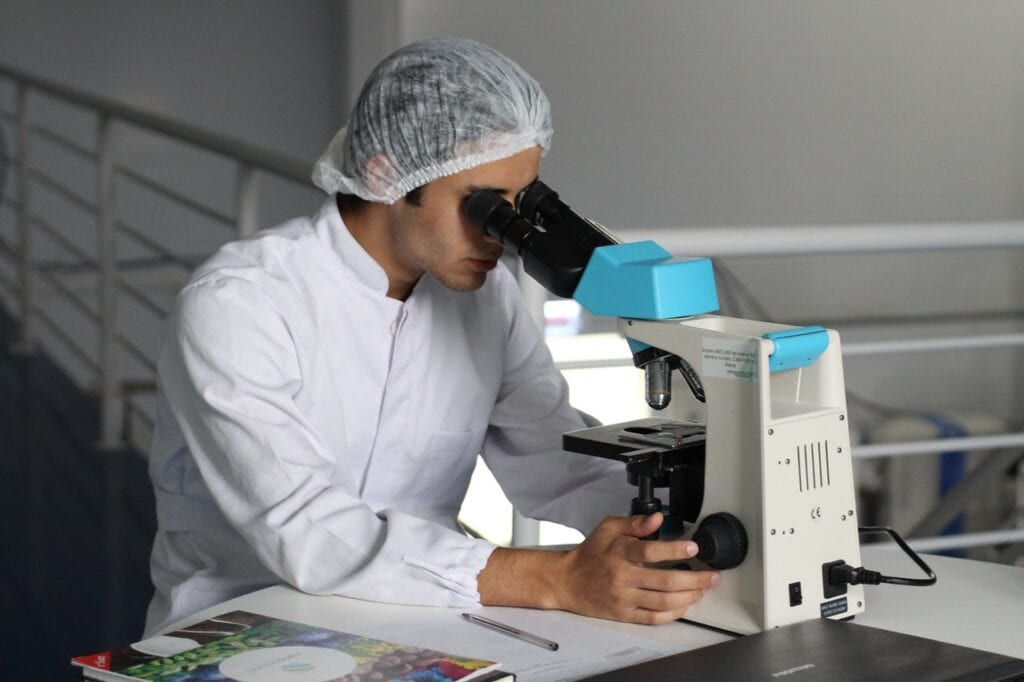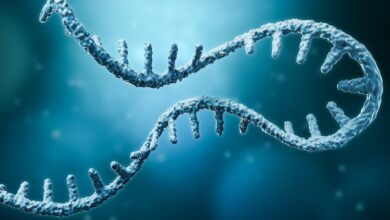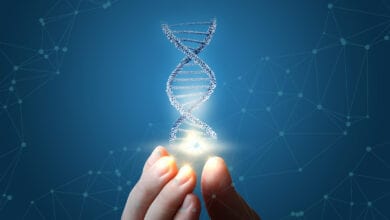Researchers To Grow Mini Neanderthal Brains In A Lab

Scientists want to grow mini Neanderthal brains in order to figure how the –brains– of ancient people differ from our own.
This ‘unorthodox’ science project is being carried out by scientists at the Max Plank Institute for Evolutionary Anthropology in Leipzig, Germany.
Scientists from the Institute for Evolutionary Anthropology have greatly contributed to the sequencing of the genomes of ancient human species.
But in order to continue their research and make further progress, the Guardian reports they want to ‘dig into’ and explore the cognitive ability of ancient humans—Neanderthals specifically—by growing mini-brains in the lab.
Scientists will create miniature brains that have been genetically engineered containing Neanderthal DNA.

Experts have long debated about Neanderthal cognitive ability. For most of the 20th century, it was assumed that the cave-dwelling hominins were not very smart. But in the last couple of years, experts have slowly started changing their opinion about Neanderthal’s.
“Neanderthals are the closest relatives to everyday humans, so if we should define ourselves as a group or a species it is really them that we should compare ourselves to,” Prof Svante Pääbo, director of the Max Planck Institute for Evolutionary Anthropology’s genetics department in Leipzig, Germany, said in an interview with the Guardian.
“We’re seeing if we can find basic differences in how nerve cells function that may be a basis for why humans seem to be cognitively so special,” Pääbo added.
Experts have found in the not-so-distant-past how Neanderthals were much smarter than they thought initially. It has been found that Neanderthals were very creative.
As noted by IFLScience, there is evidence that suggests they even painted their bodies, crafted headdresses, and potentially even daubed caves with incredible artwork long before modern humans set foot in Europe. Not only this, but burials imply that they may have had ritualistic beliefs, and possibly even religion.
In the next couple of months, small blobs of tissue commonly referred to by experts as brain organoids will be grown from human stem cells that have been genetically engineered to contain “Neanderthalized” versions of a number of genes.

The lab-grown organoids are incapable of feelings and thoughts will mimic basic structure of an adult brain. Experts hope that this will demonstrate if there is a meaningful difference between Neanderthal and human brain biology.
The lab-grown brains will become the size on a lentil, say, researchers.
As noted by the Smithsonian, people outside of Africa have been found to contains between 2 and 6 percent of Neanderthal DNA.
Gray Camp, a group leader at the institute, explained the experiment to The Guardian: “You start the organoid growing and leave it for nine months and see what happens.”
“You don’t get a well-formed human brain at all, but you see multiple regions have kind of formed,” added Camp, who is overseeing the organoid experiments. “You can study the synapses and electrical activity and early developmental differences.”




